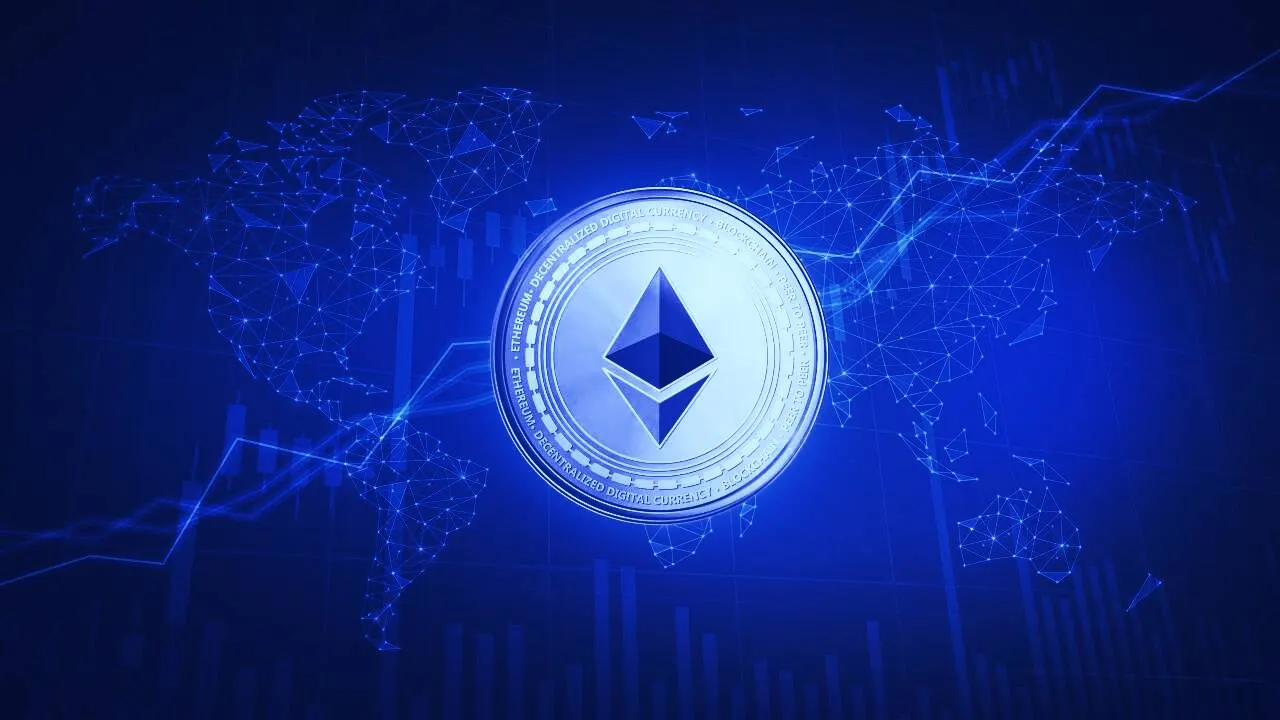In brief
- Iden3's new scaling solution can help to relieve Ethereum's transaction bottleneck.
- Hermez promises up to 2,000 transactions per second.
- Its Proof of Donation mechanism allows users to reinvest in Ethereum community, funding their own open-source projects.
Iden3, a company that manages self-sovereign identities on public blockchains, today launched Hermez, a zk-rollup that aims to provide a new method of scaling Ethereum transactions.
The booming decentralized finance industry (DeFi) is giving individuals the chance to buy and sell crypto assets outside of the traditionally centralized financial world. But it continues to put strain on the Ethereum blockchain, causing it to slow down and become more expensive. Hermez provides a potential solution to this growing bottleneck.
Jordi Baylina, co-founder of Iden3, said, “In the end, our goal is that everybody in the world can have a crypto wallet at some point and that is what we’re fighting for.”
Zk-rollups allow the Ethereum blockchain to process more transactions on the network by grouping multiple transactions on a separate chain, and then uploading those as single transactions every so often. They allow more people to use the blockchain, without it getting congested.
Baylina added, “It’s clear that zk-rollups will be the dominant scaling paradigm for at least the next couple of years in our industry,” echoing similar comments by Ethereum co-founder Vitalik Buterin.
Iden3’s Hermez will allow for up to 2,000 transactions per second. This is considerable compared to Ethereum’s current rate of 15 transactions per second. Hermez will also not be dependent on mainnet transaction fees, significantly reducing the cost of sending a transaction.
Reinvesting in the Ethereum community
Today, Iden3 also introduced Proof of Donation, a decentralized bidding system that reinvests earnings back into the Ethereum community.
This self-sustaining decentralized community will not only be “an important project for the blockchain space in general,” as Jordi describes, but it will be the first of its kind, inviting users to compete in an auction where they bid with Hermez tokens (HEZ). The highest bidder would win the right to create the next block and collect transaction fees.
This mechanism will reinvest 40% of its earnings in community protocols, as well as team building projects running on Ethereum.
At first, these funds will be redirected to the Gitcoin Grant’s Quadratic Matching rounds, which are funds allowing people to finance their own open-source projects. Jordi says he hopes to have a future governing decentralized autonomous organization, or DAO, set up within the next year. This would allow the blockchain’s users to run it completely.
Baylina will be speaking on Iden3 and Hermez at EDCON 2020 later today.





